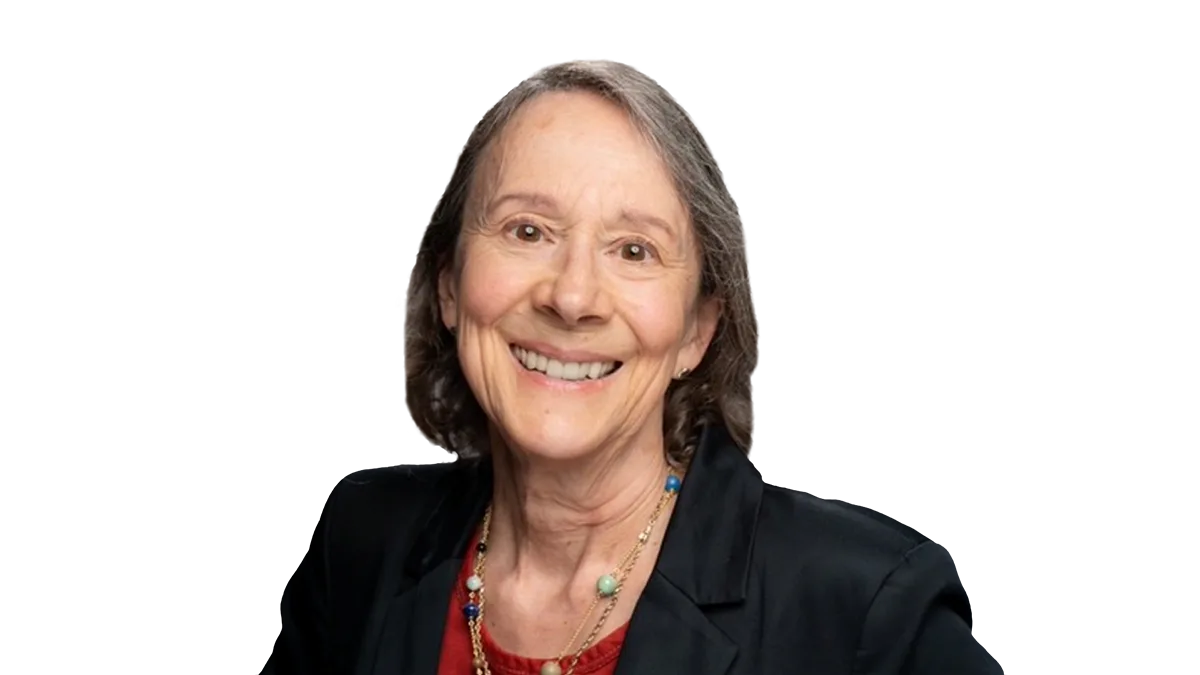
Overview
Thinking long term about health and well-being agendas set by residents is the foundation for Wellville, the national equitable wellbeing project founded by Esther Dyson, author, angel investor and tech entrepreneur.
How to catalyst communities to develop sustainable ways of improving health longterm
When philanthropic organizations award grants or advise communities on healthcare, projects are often short-term and managed from the top down. But this approach often leaves grantees short-changed in efforts to realize long-term changes that could impact poverty and poor health.
Thinking long term about health and well-being agendas set by residents is the foundation for Wellville, the national equitable wellbeing project founded by Esther Dyson, author, angel investor and tech entrepreneur.
“Communities get addicted to short-term grants, so they don’t have their own purpose,” Dyson told Cure recently. “In many ways, philanthropies foster competition. They won’t ask you what you want to do or what your problems are.”
Wellville takes a different approach. The nonprofit venture does not have a set of programs to implement. Rather, it been a catalyst for communities to identify needs, explore sustainable ways of improving health and help realize long-term wellbeing.
The program launched in 2014 with five communities from 42 applications from across the United States chosen: Clatsop County, Oregon; Lake County, California; Muskegon, Michigan; North Hartford, Connecticut; and Spartanburg, South Carolina. Conceived as a 10-year project, Wellville concludes its work at the end of 2024.
“It took us three or four years to understand what the problems were, and how we could help,” said Dyson, but not with money or telling people what they should do. “People are busy. They’re not looking for new ideas. They’re trying to make what they want to do work. So, the challenge is very much like raising kids. How do you find their intrinsic motivation rather than bribing them to do their homework, which doesn’t last.”
One of Wellville’s roles was connecting local residents with advisors, keeping each of the communities in charge. In Muskegon, for example, projects included improving access to transportation to get to work, access to childcare, and youth engagement, as well as reducing gun violence and racial disparities in maternal-child health.
North Hartford’s efforts demonstrate a web of community value that spins out from creating a healthier food system. As a starting point, a healthier food system addresses nutrition-related disease and food insecurity. In the longer-term, an improved system can positively impact healthcare systems, employers, schools and the criminal justice system, and the community’s desirability to potential residents.
Wellville, which helps the communities with social and economic impact analyses, has yielded “more insights than metrics,” said Dyson. One key insight over a decade is that “equitable wellbeing” requires focusing on long-term shared interests. Another, that building trust and relationships is essential.
In addition, Wellville recognizes that while communities may face similar issues, local circumstances will bring about different solutions. For example, affordable housing is an issue for all five communities, but the root causes differ, requiring communities to create solutions that consider how best to use local partnerships and resources.
In October 2024, the Wellville project will hold its last annual gathering for members of the five communities with advisors and external experts. These yearly meetings have helped share ideas and best practices, foster collaborations and identify outside resources.
This year, Dyson thinks of the event as a commencement. The achievements of the Wellville communities will serve as inspiration to others, Dyson noted. Such evidence showcasing also is part of the Wellville mission to influence national actions that impact local policies, actions and investments, creating wellbeing for future generations.
“At some point what we’re doing is not sustainable,” said Dyson, “and that’s kind of the point. We need society to give that underpinning of sustainability to the kind of work the community can do for itself — instead of spending on healthcare needs, to invest in health and human capacity.”
For young and aspiring community leaders and investors, Dyson added this advice: always make new mistakes, always be asking questions, and never take a job for which you are already qualified.







